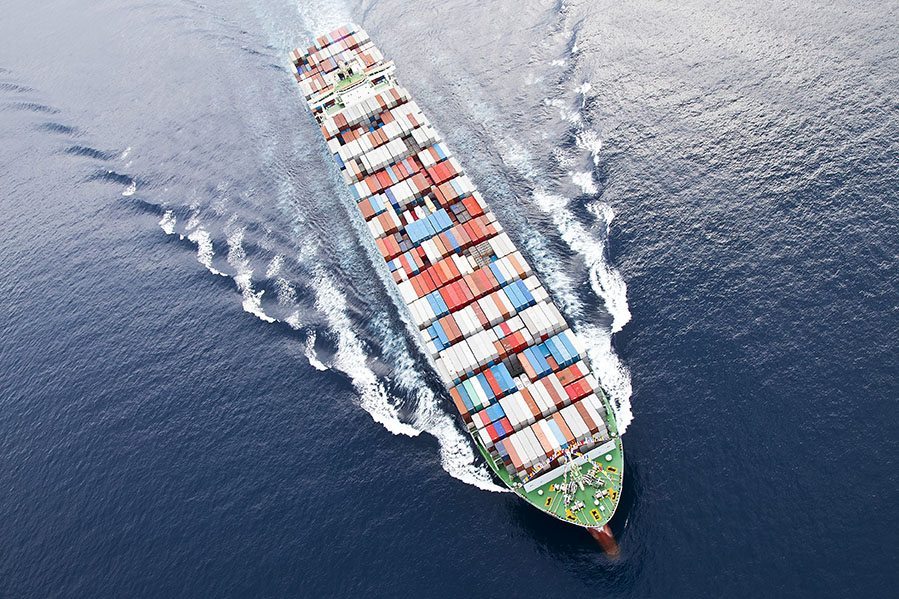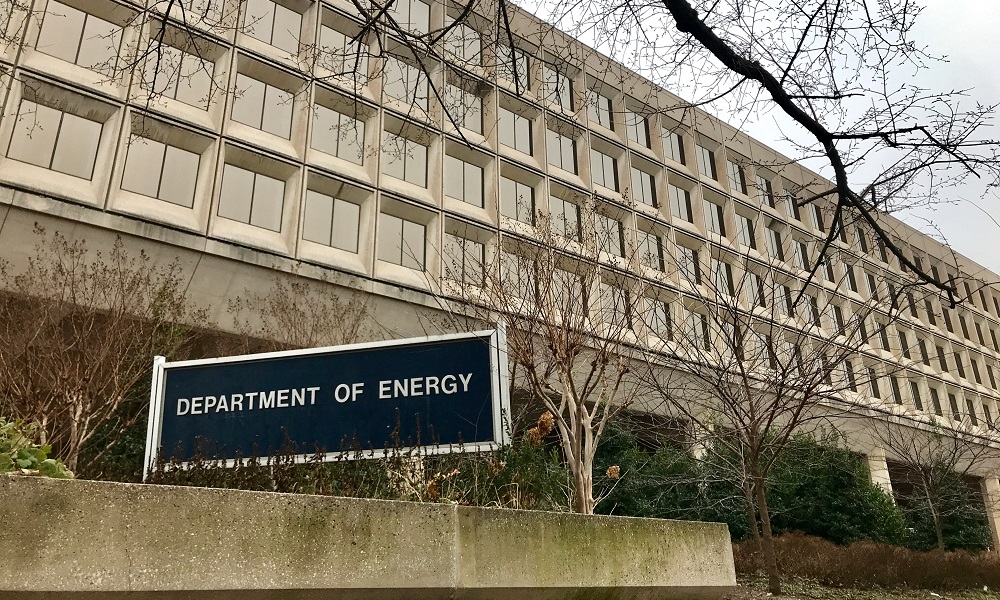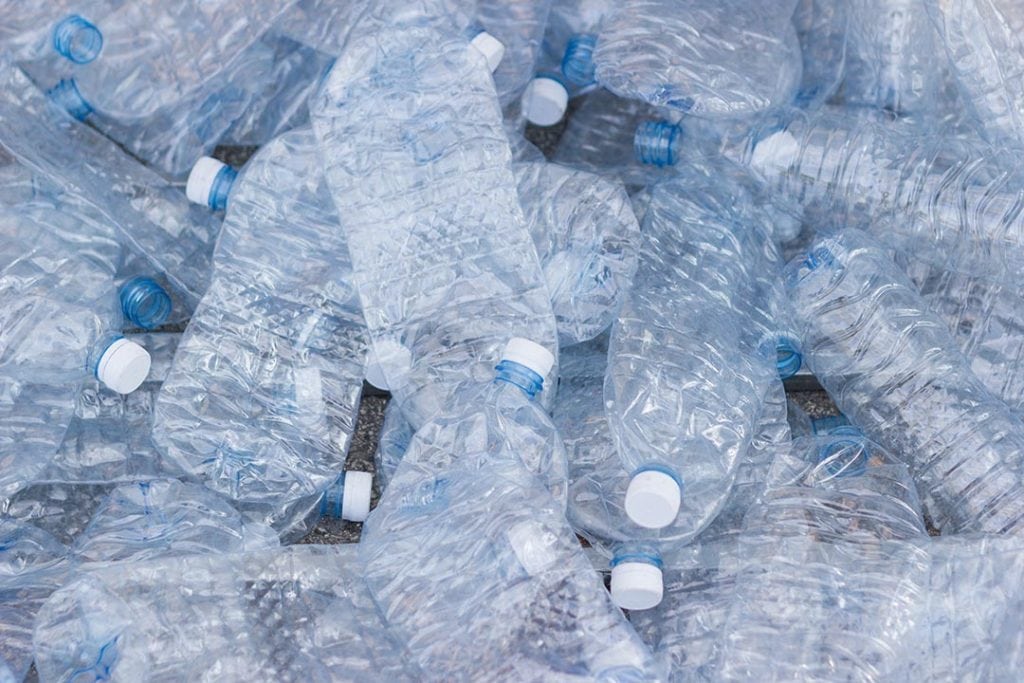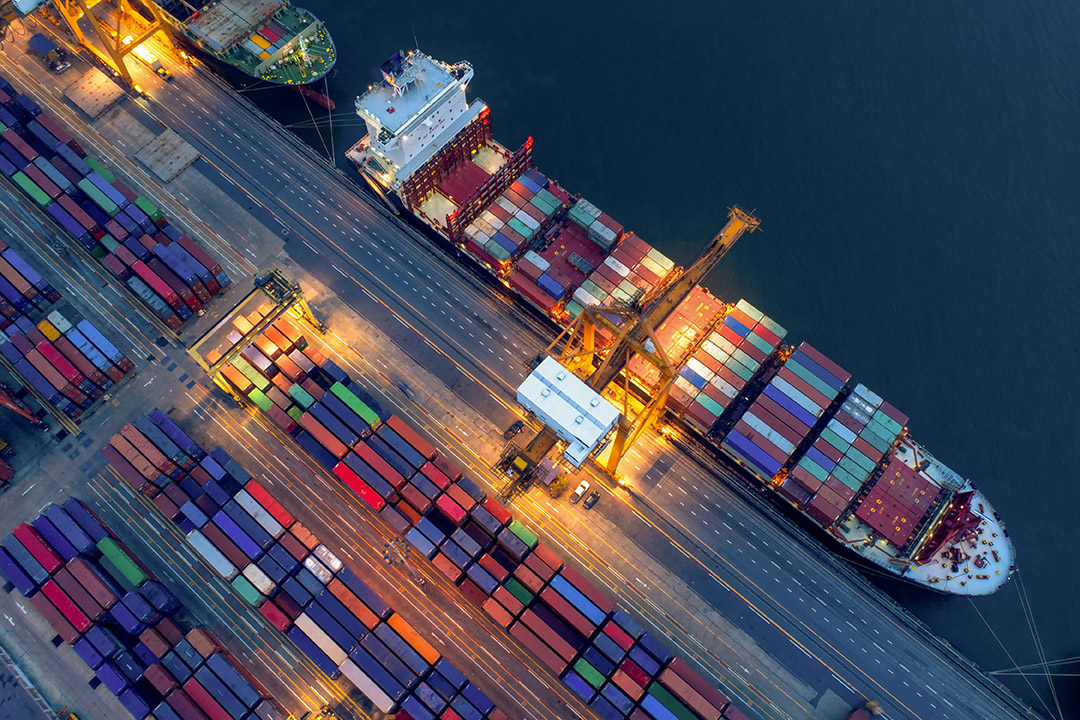
Shifting export markets captured our audience’s attention throughout 2019. | AlexKol Photography/Shutterstock
The past year has without question been one of the most turbulent in the history of the plastic recycling sector. Export markets have shifted, chemical recycling concepts have gained prominence and processors targeting a variety of resin types have moved boldly. That’s given our editorial staff lots to chew on – and offered readers plenty to click.


 A reclaimer is recovering polyamide from multi-layer films via a solvent-based process, and additive companies release products to boost recycled polyamide and PP.
A reclaimer is recovering polyamide from multi-layer films via a solvent-based process, and additive companies release products to boost recycled polyamide and PP. 


 Post-consumer PET prices have remained steady over the past month, but HDPE grades have slipped.
Post-consumer PET prices have remained steady over the past month, but HDPE grades have slipped. 
